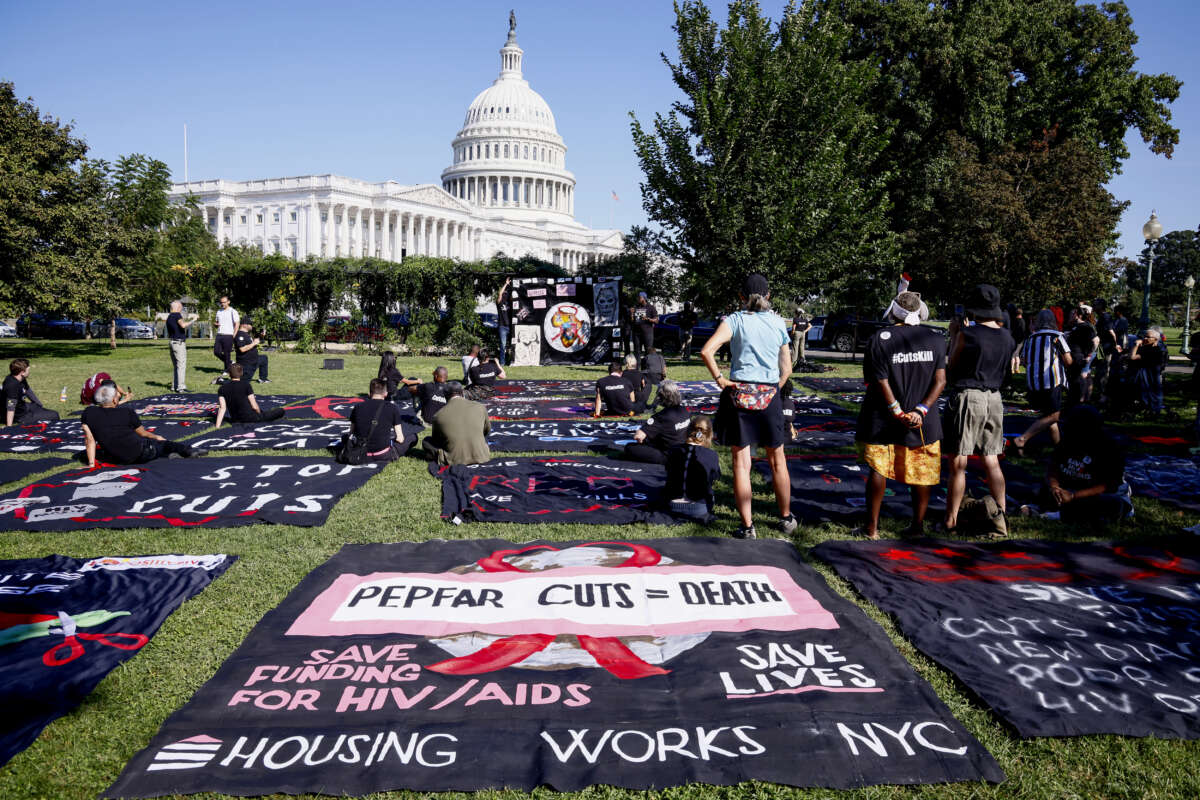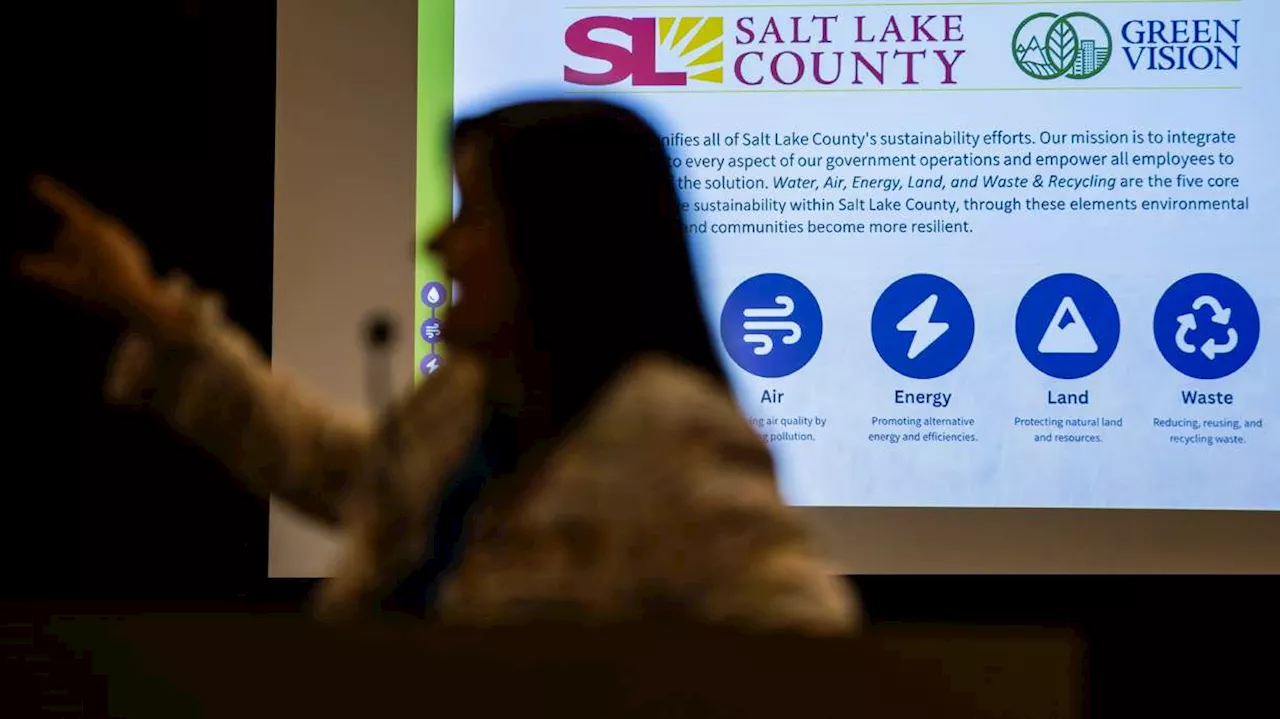UPDATE: Critical HIV programs in the United States face imminent threats, as federal budget cuts proposed by the Trump administration jeopardize decades of progress in treatment and prevention. Public health experts warn that without immediate intervention, the impact will be catastrophic for millions living with HIV.
The White House’s recent budget proposals aim to dismantle pivotal federal programs, including the Centers for Disease Control and Prevention’s (CDC) HIV prevention efforts. Experts are alarmed that these cuts come at a time when new advancements in HIV management, such as a revolutionary twice-yearly PrEP drug, are on the horizon. However, concerns about access and affordability loom large as health care coverage for millions is set to decline.
Millions of Americans are expected to lose health coverage due to significant federal spending cuts. Reports indicate that around 40% of Americans living with HIV rely on Medicaid, which has already faced severe reductions. The new paperwork requirements slated for implementation in 2027 could further complicate coverage renewals, leaving many vulnerable.
“This is a very depressing moment for HIV-positive people,” stated Perry Halkitis, dean of the Rutgers School of Public Health. “The excitement surrounding the end of the AIDS epidemic has been completely deflated.”
The CDC plays a crucial role in monitoring new HIV cases and distributing funds to state health agencies. Experts emphasize that losing these services would lead to unchecked outbreaks and increased diagnoses of opportunistic infections, which can escalate to AIDS. Jeremiah Johnson, executive director of PrEP4All, warned, “There will be consequences. We could see people diagnosed later, showing up in emergency rooms already sick.”
In Congress, House Republicans are pushing for even more drastic measures, including eliminating the federal program established during Trump’s first term aimed at reducing new HIV infections. This proposal threatens nearly $2 billion in funding for essential HIV services, shocking advocates and experts alike.
Matthew Rose, senior public policy advocate at the Human Rights Campaign, expressed concern, saying, “The hostility towards HIV prevention work is unprecedented. This is a break from the long-standing bipartisan consensus on HIV.”
The Trump administration’s current approach has led to fears of a resurgence in the HIV epidemic, with reported hostility towards public health initiatives. The stark differences in staffing and policy focus between Trump’s first and second terms have fueled this shift. Public health advocates worry that the new administration is more focused on rolling back rights for transgender individuals and immigrants, which disproportionately affects healthcare access for these groups.
Despite advancements like the new PrEP drug, which promises to expand HIV prevention access, experts note that the CDC’s recent endorsement fails to address the needs of transgender individuals, a group significantly impacted by HIV. Lindsey Dawson, director of LGBTQ health policy at KFF, criticized the lack of inclusion, attributing it to a broader executive order that disregards gender diversity.
As the clock ticks down on potential funding cuts, public health officials are urging immediate action to preserve vital HIV services. Without these lifelines, many HIV-positive individuals may face unaffordable medical costs, with estimates of lifetime HIV-related expenses exceeding $420,000.
The current political climate threatens to erode the progress made in HIV treatment and prevention. Experts warn that without a robust public health infrastructure, the nation risks slipping back into a darker chapter of the epidemic.
As the situation develops, advocates continue to call for urgent support and action to safeguard the health of millions of Americans living with HIV.







